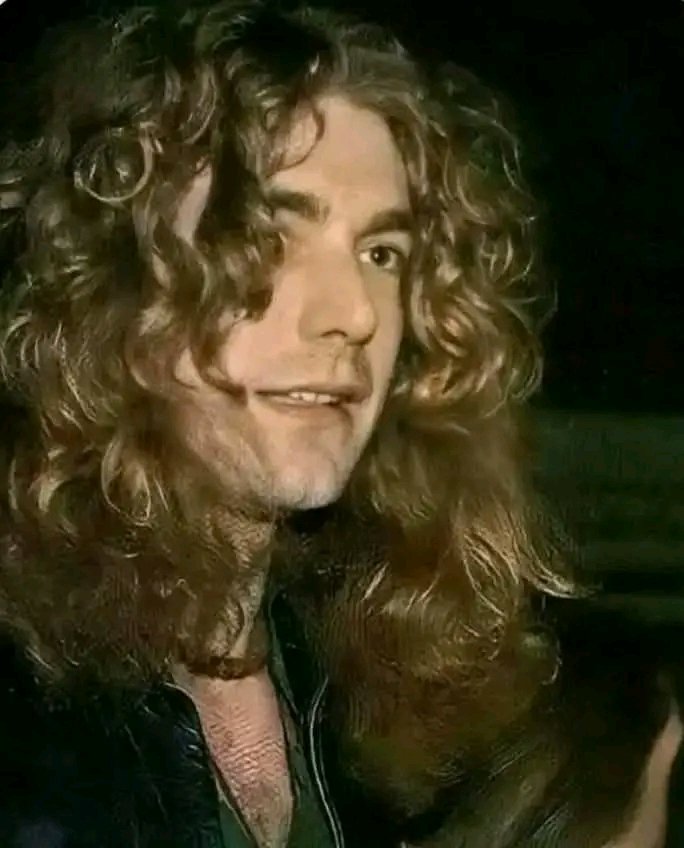The art of any good frontman isn’t something anyone is born with.
Sure, someone can be a natural entertainer from the moment they walk out onstage, but it takes a lot more time and precision for someone to nail the kind of charisma that comes with being one of the biggest names in music. A lot of people might take a lot of time practising scales, but it’s worth it to look at some of the greatest acts that came before them, and Robert Plant had a lot of homework to do before he was ready for Led Zeppelin.
But listening to Zeppelin’s first albums, it’s not like Plant was rough around the edges by any means. The Yardbirds were a nice way of introducing the British public to the modern concept of blues, but Jimmy Page took that to the next level the minute that Plant joined his new outfit, complete with a voice that sounded like Janis Joplin and an air raid siren whenever he sang ‘How Many More Times’ or ‘You Shook Me’.
It may not have been the most original thing in the world, but Plant was simply following in the tradition of the many British kids who came before him. All of them worshipped at the altar of bluesmen like Howlin’ Wolf and Sleepy John Estes, but any hope of sounding like them was a pipe dream. They would need to take a different angle, but Plant figured he would take the psychedelic sounds of the Band of Joy and combine them with the bluesy chops he heard out of the rest of the British scene.
And as much as Keith Relf could have been a great archetype, Plant had his eye on a few other shriekers on the scene, saying, “I didn’t study anything, except for trying to be as good as Terry Reid, or Steve Marriott, or Steve Winwood, or so many people who are extraordinary singers.” Far from a bad list to start with, but the reason why all of them worked so well was how they put their own spin on the blues.
Reid is probably the closest to what Plant modelled himself on, given that he had been asked to join Zeppelin before, but Winwood was a lot more captivating presence when looking at The Spencer Davis Group. He had taken all of the soulful sounds of people like Ray Charles and made it acceptable for English kids to adapt, and when he hooked up with Eric Clapton for Blind Faith, it made all the sense in the world for him to be screaming his way through songs like ‘Had to Cry Today’.
Marriott may have been on the side by comparison, but the rasp in his voice also helped Plant with some of his lower notes. Both of them could go from some fantastic high parts during their time in the spotlight, but there was also a handful of acoustic moments that Plant took from them as well, like knowing when to get tender on ‘Going to California’ and building up to the high notes a lot more naturally.
That might not have been what the Zeppelin fans came for, but it did end up coming in handy when Plant started working on his later albums. If everyone expected him to break out the ‘Percy’ voice every night, he would have been typecast pretty quickly, so having him break things up with albums like Raising Sand gave him more tools in his vocal toolbox to work with other than simply shrieking.
After all, singing for that long doesn’t always lend itself well to vocal sustainability, and even if Plant spent the rest of his days screaming at the top of his lungs, it was important for him to keep his voice in check like his heroes did. There was nothing wrong with shouting, but beyond being an impressive shouter, every one of Plant’s heroes knew the voice was an instrument and should be treated as such.
